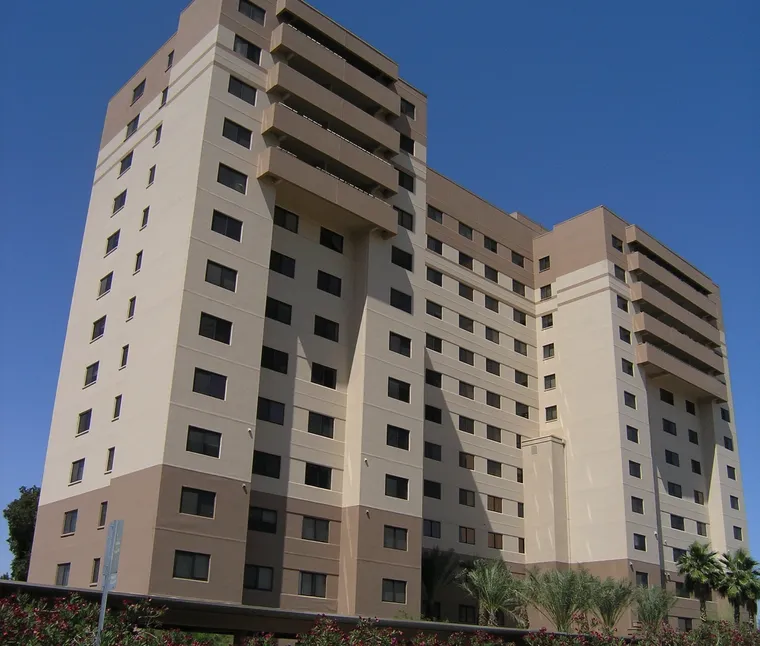Navigating the world of senior housing is a complex but integral part of advancing in age. Understanding your options can empower you to make a choice that best suits your lifestyle and personal needs.
Defining Different Types of Senior Housing: From Assisted Living to Skilled Nursing Facilities
Let's take a closer look at different types of senior housing. First, we have assisted living communities. These are designed for seniors who require some assistance with daily activities like meals, medication management or physical assistance. These communities provide a balanced blend of independence and support, with staff available 24/7 to assist and ensure safety. They often offer private apartments or bedrooms, community-based meals, social activities, and transportation services. Understandably, they're a popular choice for seniors who need a little help but still wish to maintain their independence.

On the other end of the spectrum, there are skilled nursing facilities, also known as nursing homes. These facilities provide a higher level of care for seniors who need round-the-clock medical attention. They're staffed with professional nurses and therapists, providing services like wound care, physical therapy, and post-hospital stay care. Skilled nursing facilities also offer necessary must-haves like meals and assistance with personal care, but the primary focus is on medical services and rehabilitative care. They're a fitting choice for seniors with serious health conditions or those recovering from surgery or illness.
Highlighting the Unique Features of Senior Apartments
Senior apartments provide a unique blend of independence and convenience for older adults who are generally active and in good health. These residences usually allow seniors to maintain their lifestyle and only offer limited assistance. You'll find these properties to be age-restricted, often starting at 55 years and above, and offer a variety of favorable amenities such as community events, fitness centers, and convenient onsite services.
What sets these senior apartments apart from ordinary residential complexes is the uniqueness in design and architecture. They are purposefully built or remodeled to accommodate aging individuals. This includes features such as single-level floor plans, wide doorways to permit mobility devices, grab bars in bathrooms, lower countertops, and easy-access showers. Besides, they often have emergency call systems installed in individual units, providing an added sense of security for the residents. Such thoughtful features make senior apartments both comfortable and safe for mature residents.
Understanding Senior Apartments and Their Benefits
Senior apartments are a popular option for seniors who wish to retain their independence but benefit from living in an age-restricted community. These apartments designed for older adults typically cater to those above the age of 55 or 62. There is more to these apartments than just a residential area; they offer a unique blend of comfort, convenience, and community.
One key factor that sets senior apartments apart is their focus on accessibility. Expect features like single-floor living to avoid stairs, handrails in bathrooms, and wider doorways to accommodate wheelchairs. These thoughtful designs ensure your everyday living is safe and comfortable.
Apartment For Seniors Provided With Caretaker
When considering senior housing, one element that sets many options apart is the presence of a caretaker. Unique to senior living, a caretaker provides a range of services designed expressly to support senior residents and enhance their quality of life. Whether you're evaluating options for yourself or a loved one, understanding the role of a caretaker is essential in making an informed decision.
A caretaker in a senior apartment typically performs several duties that ensure the optimal well-being of the residents. These responsibilities might include assistance with daily living activities, medication management, meal preparation, and social interaction, along with monitoring the health of the individuals.

